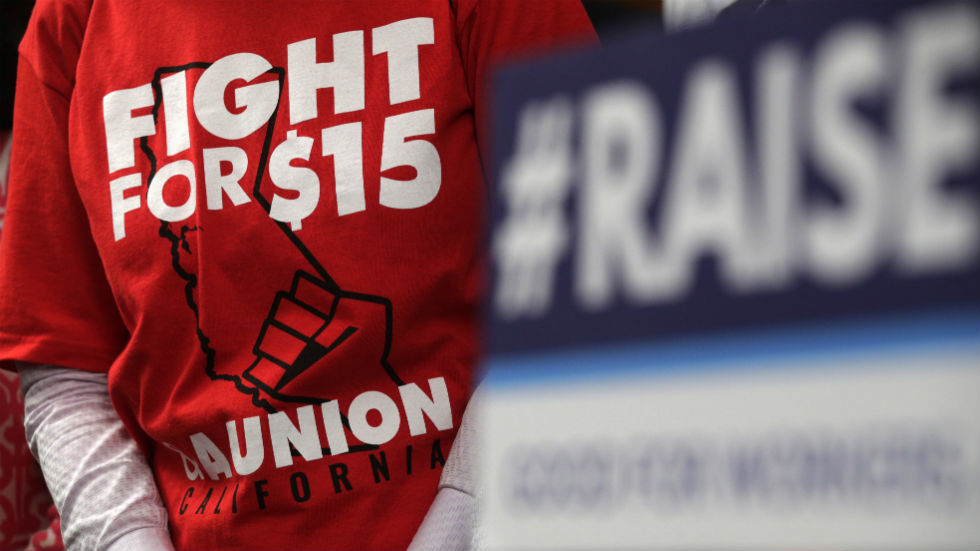Incumbent
Well-known member
Offline
If there’s already a Biden economy thread, I can add this there. It could have gone in the Covid thread, but the impact of this would extend well beyond that topic.
Well past time to raise the minimum wage, which hasn’t been increased since 2009.

 thehill.com
thehill.com
Well past time to raise the minimum wage, which hasn’t been increased since 2009.

Biden to seek $15 minimum wage in COVID-19 proposal
President-elect Joe Biden will include a proposal to raise the federal minimum wage to $15 as part of a COVID-19 relief package, the first major legislation of his presidency.Biden is expected to a…
